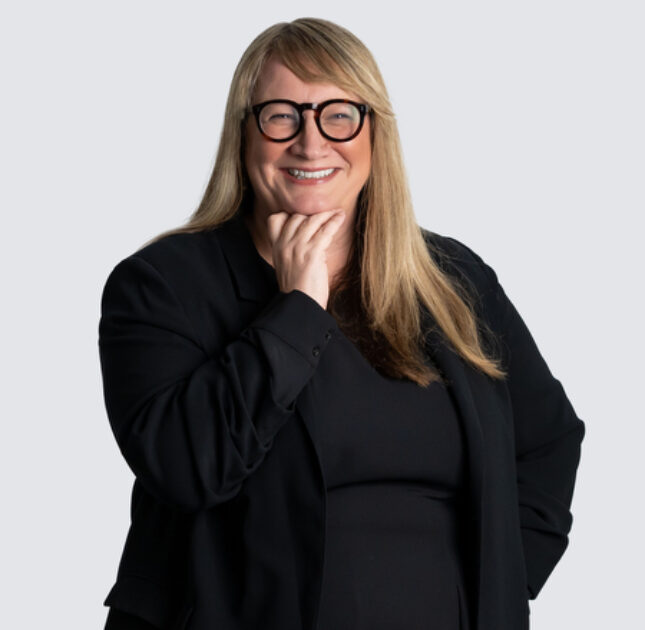New figures show 1 in 5 people are successful in overturning NHS decisions at local level and points to a ‘postcode lottery’.
Families fighting for NHS care costs have recovered over £400 million in wrongly paid fees since 2013. However, this is the tip of the iceberg, with families forced to appeal restrictive NHS decisions.
Our analysis, using figures obtained via the Freedom of Information Act, shows one in five people are successful in overturning NHS decisions at local level and 30% at national level.
Lisa Morgan, Partner and Head of the Nursing Care team at Hugh James said:
“Despite many obstacles, the figures show that victory is possible for families who should never have been burdened with the care fees of their loved ones in the first place.
“Individuals who are denied funding to pay for the long-term care are often forced to take the costly and heart-breaking step of selling their homes to foot the bill – care bills can cost up to £6,000 a month. Paying for care is a huge burden for families at a very difficult time.”
Many families remain either unaware of their legal rights and the support available to them or their loved ones are wrongly assessed by the NHS as being not eligible for the funding.



